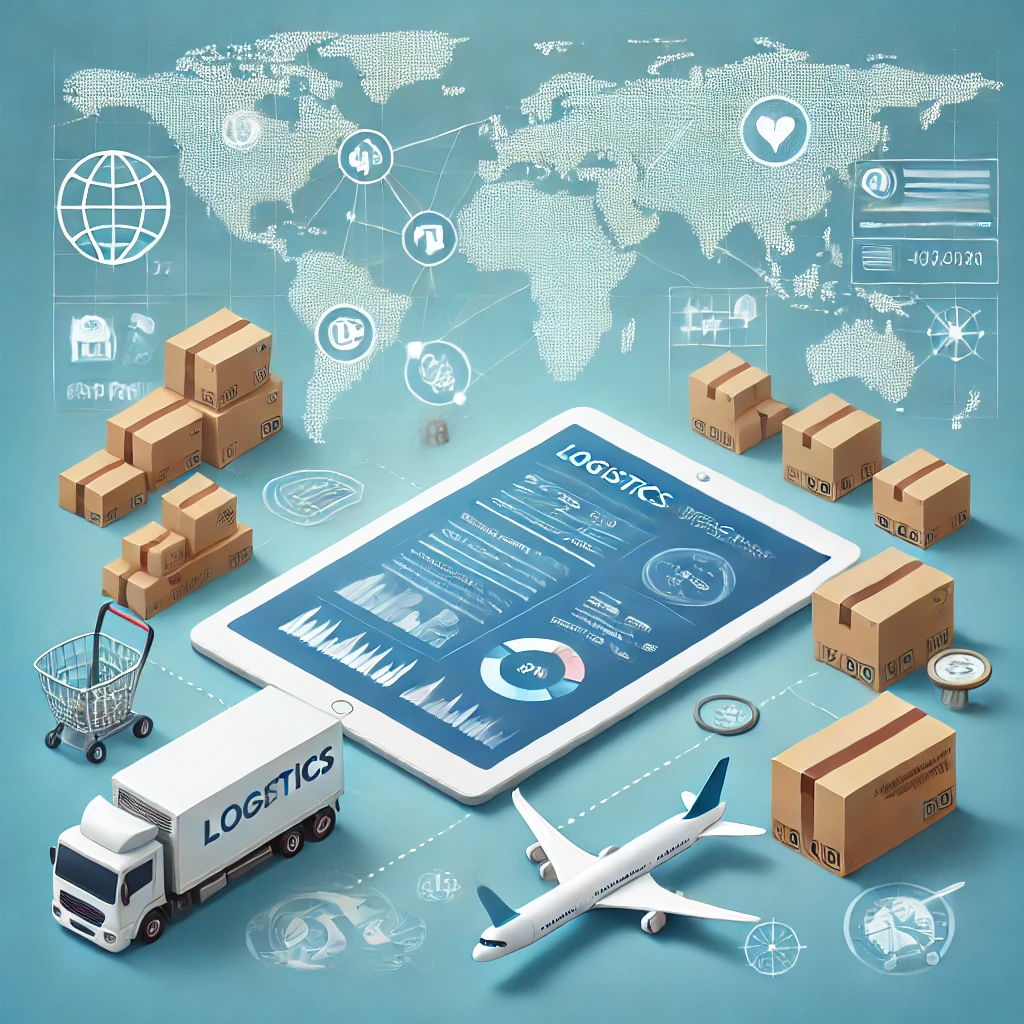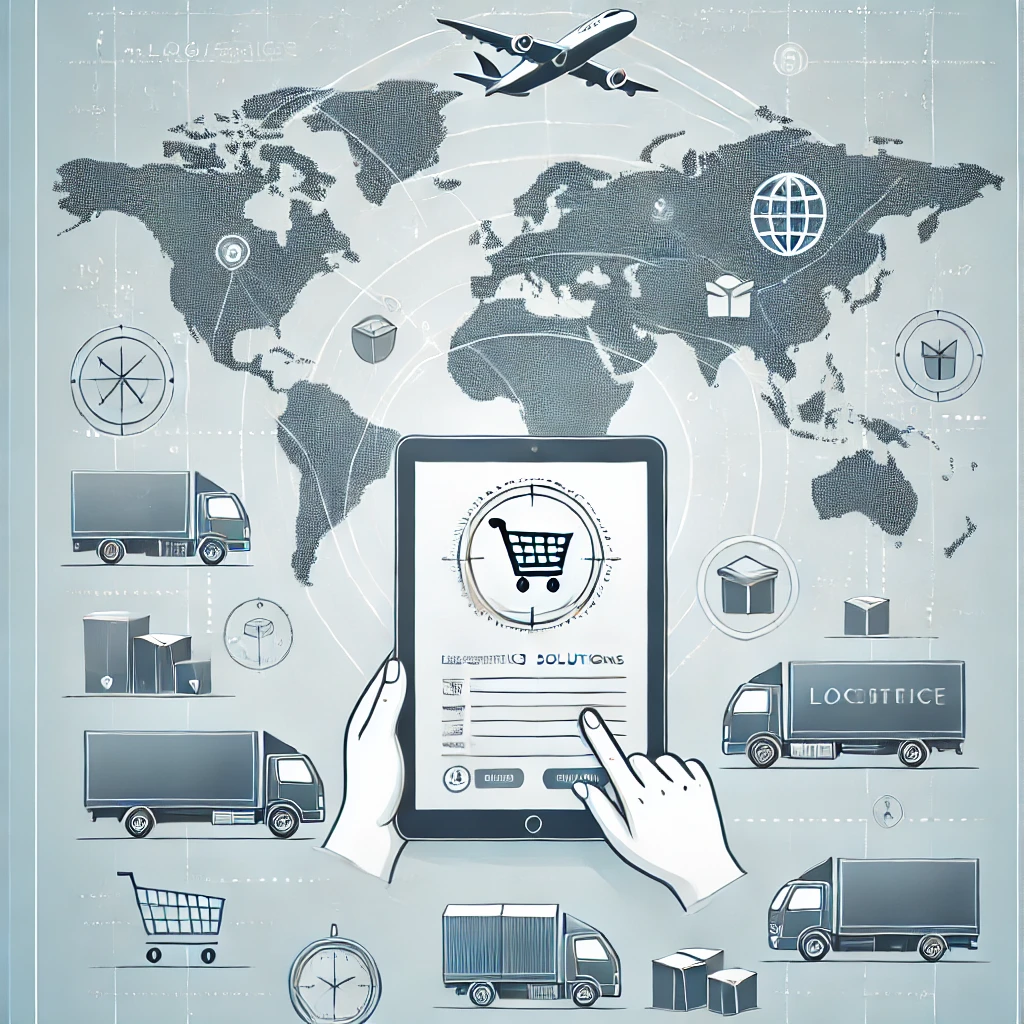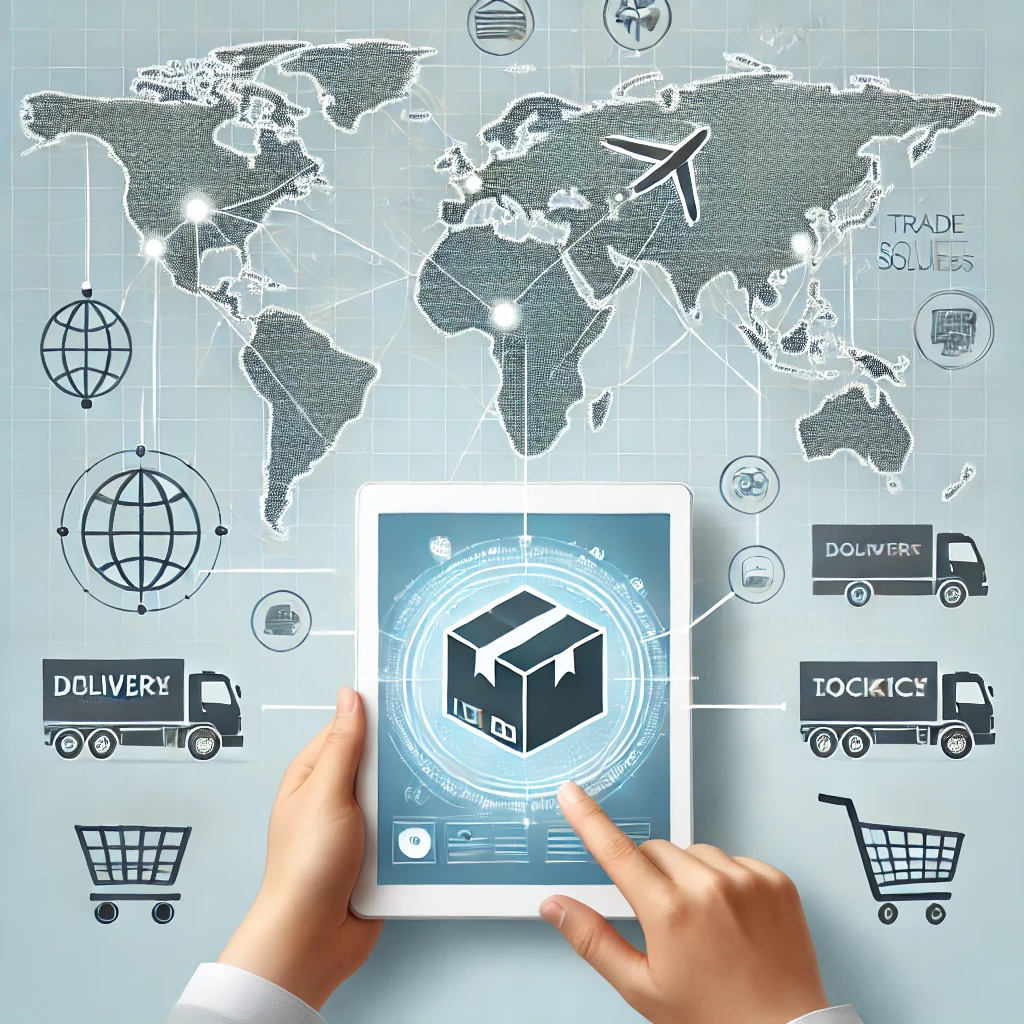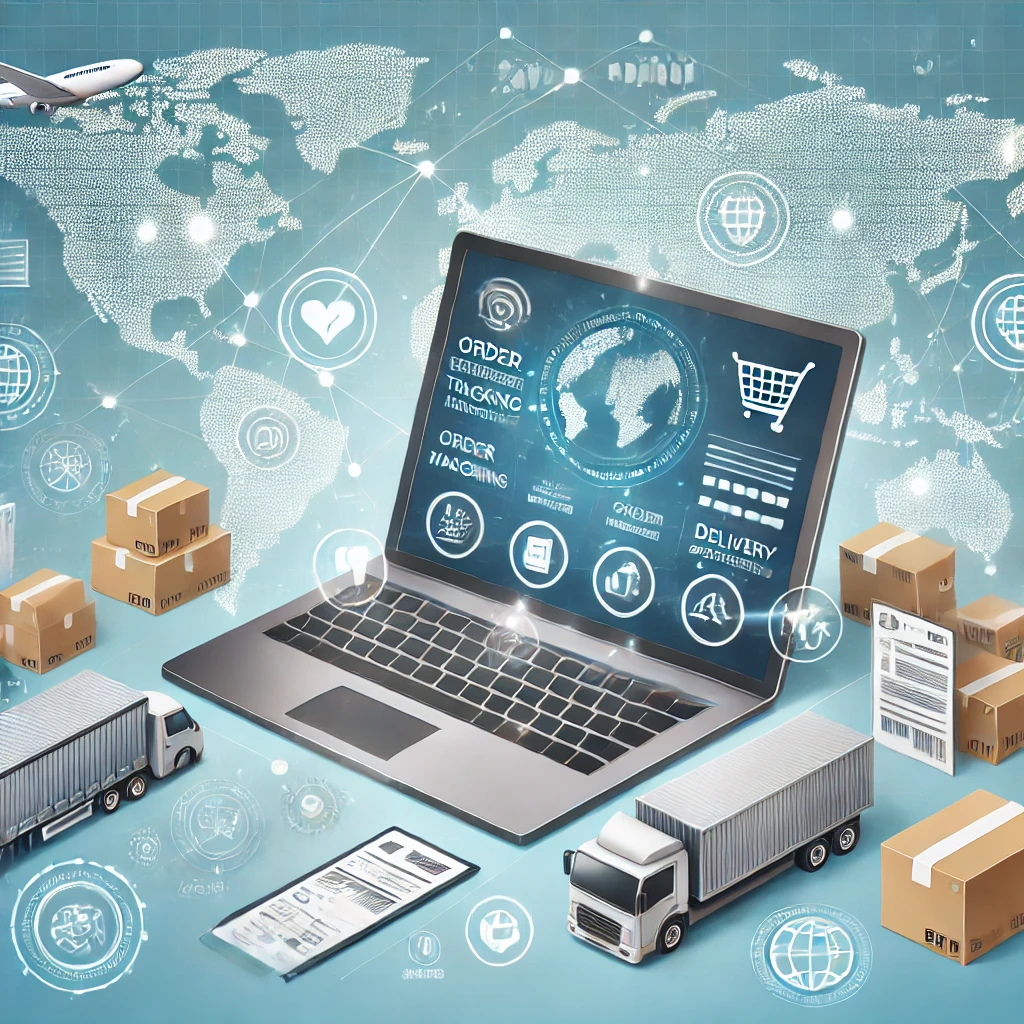Logistics Solutions for E-commerce Success

1. The Importance of Logistics in E-commerce
Logistics plays a crucial role in the success of any e-commerce platform. It encompasses the entire process of managing inventory, fulfilling orders, shipping products, and ensuring that customers receive their purchases on time.
Why logistics is essential for e-commerce:
- Customer Satisfaction: Fast and reliable shipping is a key factor in customer loyalty.
- Cost Management: Efficient logistics can reduce shipping and operational costs.
- Scalability: Robust logistics solutions help businesses scale operations as they grow.
- Competitive Advantage: Effective logistics gives e-commerce platforms a competitive edge in the market.
2. Key Challenges in E-commerce Logistics
E-commerce businesses face several logistical challenges that can impact their operations and profitability.
Challenge | Impact on Business |
High Customer Expectations | Customers expect fast, free, and reliable shipping services. |
Inventory Management | Managing stock levels across multiple locations can be complex. |
Order Accuracy | Errors in order fulfillment can lead to customer dissatisfaction. |
Last-Mile Delivery | Ensuring timely and efficient last-mile delivery is challenging. |
Return Management | Handling product returns efficiently is crucial for customer retention. |
3. Essential Logistics Solutions for E-commerce Platforms

1. Order Management Systems (OMS)
An Order Management System (OMS) helps e-commerce businesses manage the entire order lifecycle, from order placement to fulfillment and delivery.
Key Features of OMS:
- Centralized order tracking
- Automated order processing
- Real-time inventory updates
- Multi-channel order management
Benefits:
- Improves order accuracy
- Reduces manual work
- Enhances customer experience
Popular OMS Tools:
- Shopify Plus OMS
- Linnworks
- Brightpearl
2. Warehouse Management Systems (WMS)
A Warehouse Management System (WMS) optimizes warehouse operations by managing inventory storage, order picking, and packing processes.
Key Features of WMS:
- Inventory tracking
- Automated order picking
- Barcode scanning
- Real-time stock visibility
Benefits:
- Increases warehouse efficiency
- Reduces errors in order fulfillment
- Improves inventory accuracy
Popular WMS Tools:
- Linbis WMS
- Fishbowl
- Manhattan Associates
3. Inventory Management Software
Inventory management software helps e-commerce businesses track stock levels across multiple warehouses and sales channels.
Key Features:
- Real-time stock updates
- Demand forecasting
- Low-stock alerts
- Multi-channel inventory synchronization
Benefits:
- Prevents stockouts and overstocking
- Improves order fulfillment rates
- Enhances overall inventory visibility
Popular Tools:
- Zoho Inventory
- TradeGecko
- Cin7
4. Shipping and Fulfillment Solutions
Shipping and fulfillment are critical aspects of e-commerce logistics. Shipping solutions help businesses manage shipping rates, generate shipping labels, and track deliveries.
Key Features:
- Automated shipping label creation
- Real-time shipping rate comparisons
- Delivery tracking
- Return management
Benefits:
- Reduces shipping costs
- Enhances delivery tracking for customers
- Simplifies return processes
Popular Shipping Solutions:
- ShipStation
- EasyPost
- Sendcloud
5. Last-Mile Delivery Solutions
The last mile is the final step in the delivery process, and it’s often the most challenging and expensive part of logistics. Last-mile delivery solutions optimize this process to ensure faster and more efficient deliveries.
Key Features:
- Route optimization
- Real-time driver tracking
- Customer notifications
- Proof of delivery
Benefits:
- Reduces delivery times
- Improves customer satisfaction
- Lowers last-mile delivery costs
Popular Last-Mile Delivery Tools:
- Route4Me
- Onfleet
- Bringg
4. Benefits of Logistics Solutions for E-commerce
Benefit | Description |
Improved Order Accuracy | Automated processes reduce errors in order fulfillment. |
Faster Shipping | Optimized routes and automated systems speed up deliveries. |
Cost Savings | Automation reduces manual work, shipping costs, and returns. |
Better Inventory Management | Real-time stock visibility prevents stockouts and overstocking. |
Enhanced Customer Experience | Accurate and timely deliveries improve customer satisfaction. |
5. How to Choose the Right Logistics Solution for Your E-commerce Platform
When selecting a logistics solution for your e-commerce platform, consider the following factors:
Factor | What to Look For |
Scalability | Can the solution grow with your business? |
Integration Capabilities | Does it integrate with your existing systems and sales channels? |
User-Friendliness | Is the system easy to use for your team? |
Cost | Does the solution fit within your budget? |
Support | Does the provider offer reliable customer support? |

6. Real-World Examples of E-commerce Logistics Success
Example 1: Amazon
Amazon’s advanced logistics infrastructure, including automated warehouses and same-day delivery options, has set a high standard in e-commerce logistics.
Example 2: Shopify
Shopify offers integrated logistics solutions that help businesses manage orders, shipping, and inventory seamlessly.
Example 3: Walmart
Walmart’s use of predictive analytics and route optimization tools has improved its last-mile delivery efficiency.
7. The Role of Linbis in E-commerce Logistics
Linbis offers comprehensive logistics solutions tailored for e-commerce platforms.
Key Features of Linbis for E-commerce:
- Order management
- Inventory tracking
- Real-time shipment tracking
- Automated document management
By using Linbis, e-commerce businesses can streamline their logistics operations, reduce costs, and improve customer satisfaction.

8. Future Trends in E-commerce Logistics
- AI and Machine Learning: Predictive analytics will improve demand forecasting and inventory management.
- Robotics and Automation: Automated warehouses will become more common.
- Sustainability: More businesses will adopt eco-friendly logistics practices.
- Drones and Autonomous Vehicles: These technologies will revolutionize last-mile delivery.
9. Conclusion
Efficient logistics is essential for e-commerce success.
By implementing the right logistics solutions, businesses can improve order accuracy, reduce shipping costs, and enhance the customer experience.
Tools like Linbis can help e-commerce platforms streamline their logistics operations, ensuring they stay competitive in a fast-paced market.
